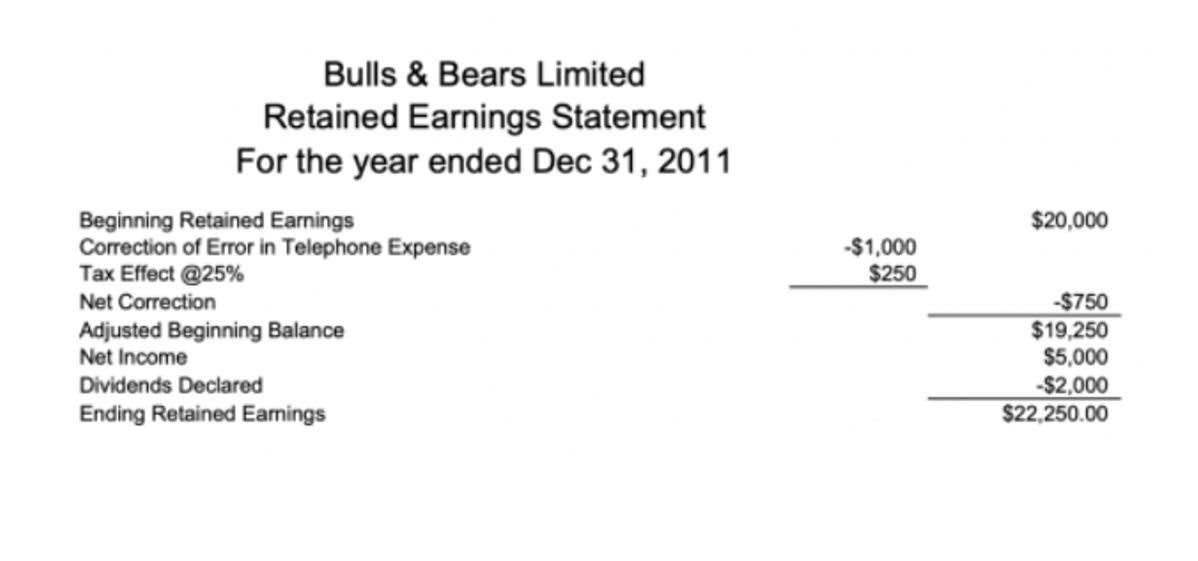
It’s essential to research and understand all applicable taxes and fees to ensure compliance and avoid unexpected liabilities. Freelance consultants often need to make estimated quarterly tax payments throughout the year to cover their income and self-employment Partnership Accounting tax liabilities. These payments are typically based on your projected annual income and are due in April, June, September, and January. Failing to make quarterly estimated tax payments can result in penalties and interest charges from tax authorities.
Balancing Risk and Compliance
Consultants should carefully record the time they spend working on each project and invoice their clients regularly to get paid for their work. In conclusion, while having an accounting consultant certificate can be beneficial when applying for jobs in this field, it is not necessary for becoming a successful consultant. Instead, what matters most are your analytical and problem-solving skills as well as your knowledge of financial analysis techniques and software packages.
- Their insights can influence business decisions, strategies, and growth plans.
- You may also need to bring on a marketer who can help create videos, social media campaigns, and other collateral to expand the reach of your business as you scale.
- In order to sit for the CFE Exam, an individual must be a member of ACFE and pay the applicable fees.
- This will likely lead to increased market value, attracting more consultants and consulting businesses to open or expand.
- In general, an accounting adviser is closely involved in their clients’ long-term success, while a consultant provides strategic guidance and recommendations on specific issues or challenges.
Certified Fraud Examiner (CFE)
In single-entry bookkeeping, transactions are recorded only once, typically as either income or expenses, simplifying the process for small businesses and freelancers. However, this method lacks the rigorous checks and balances of double-entry bookkeeping, which records each transaction twice—once as a debit and once as a credit—ensuring accurate and balanced financial records. Once your consulting business is up and running, continually reviewing and improving your processes and strategies is key to generating the best results. Evaluate your business monthly by looking at your performance to understand how to decrease costs and generate more revenue. Both management consulting and accounting require strong analytical, numerical, and problem-solving skills.

How to Become a Successful Consultant Course
You need to be able to work with data, models, and formulas, and to interpret and communicate the results clearly and effectively. You also need to have good interpersonal and communication skills, as you will interact with clients, colleagues, and stakeholders from diverse backgrounds and perspectives. You need to be adaptable, flexible, and resilient, as you will face changing demands, deadlines, and challenges. You need to have a high level of professionalism, ethics, and integrity, as you will bookkeeping for consultants deal with sensitive and confidential information. Having meaningful conversations with ideal clients — and winning consulting projects. One of the greatest challenges of running a consulting business is finding clients.

No, you do not need an accounting consultant certificate to become an accounting consultant. Although having a certificate may demonstrate your knowledge and income summary expertise in the field of accounting, it is not a requirement for becoming an accounting consultant. Certified Public Accountant (CPA) is a professional designation that is awarded by the American Institute of Certified Public Accountants (AICPA). A CPA is a licensed accountant who has met the educational, experience, and examination requirements set forth by the AICPA.

It is essential for every company to seek the input of competent Accounts consulting firms on suitability of their future operations. Fundamentally, every company needs to have accurate records of their financial operations at all times. Startups and newly formed companies are, for instance, prone to be uninformed about matters compliance and regulations.
- Once you understand your market’s pain points, you can specify what services you can provide.
- With a CPA license and/or CMA certification, you are infinitely more competitive on the job market and can charge more for your services.
- They can give employers assurance that the consultant has the necessary skills and experience to help them with their financial needs.
- To choose a payment system, consider payment methods, processing fees, invoicing, and integration with other systems, such as bookkeeping software.
- That said, there are some other considerations for starting your consulting business.
How do I become an accounting consultant?

They design these systems to streamline financial operations, improve reporting accuracy, and ensure strict compliance with financial laws and regulations. Accounting consultants must conduct exhaustive financial analyses in an era where fiscal responsibility is paramount for all organizations. These professionals often operate as financial problem-solvers, addressing any discrepancies and improving the business’s financial health.

